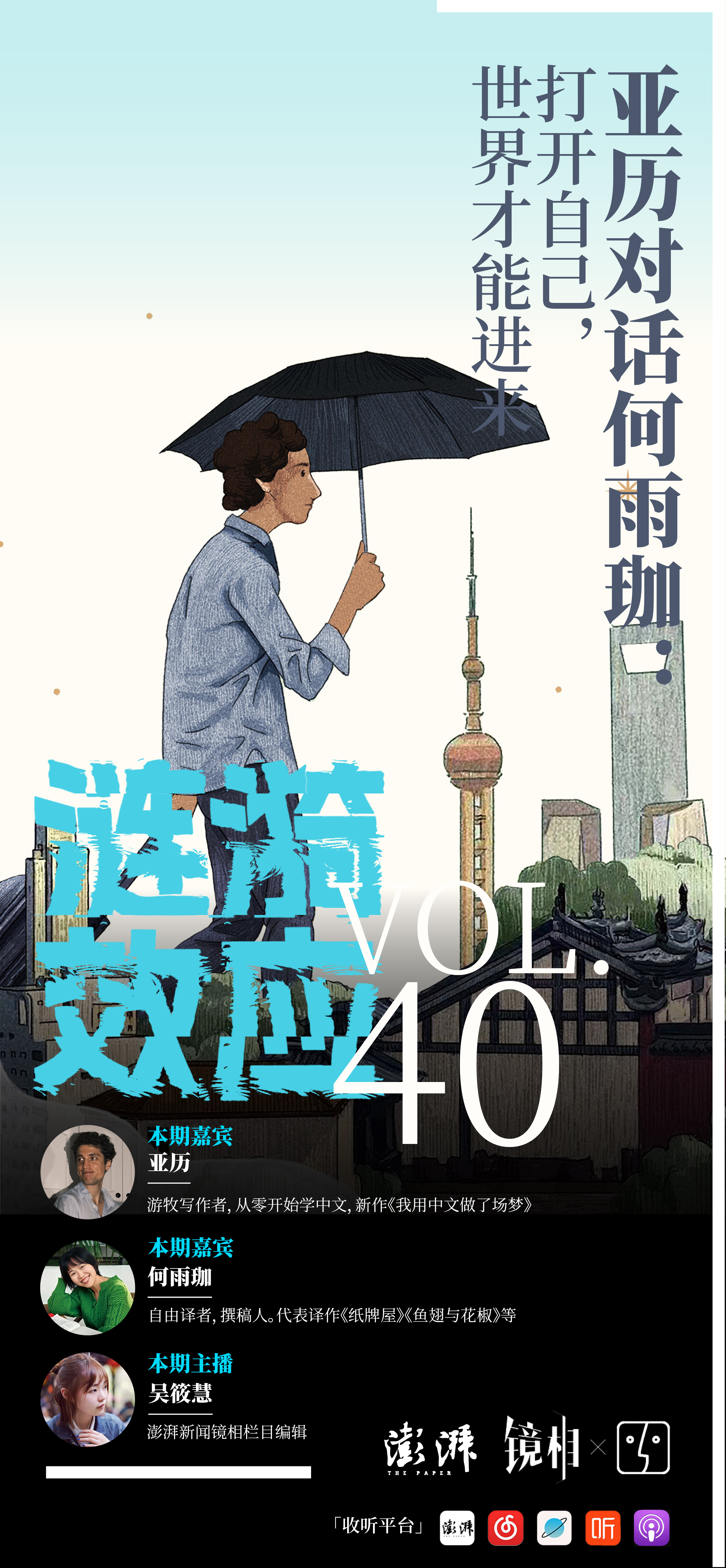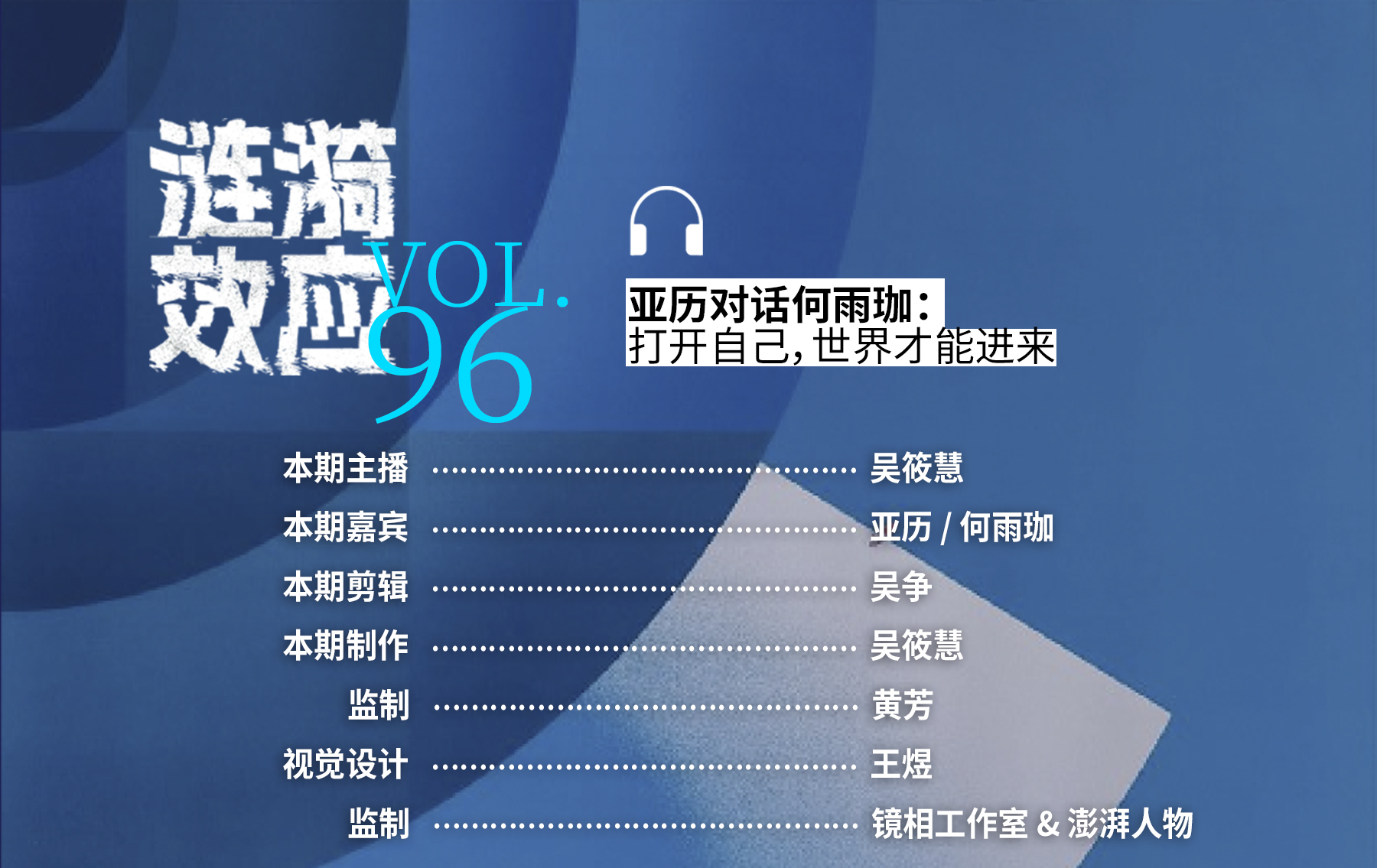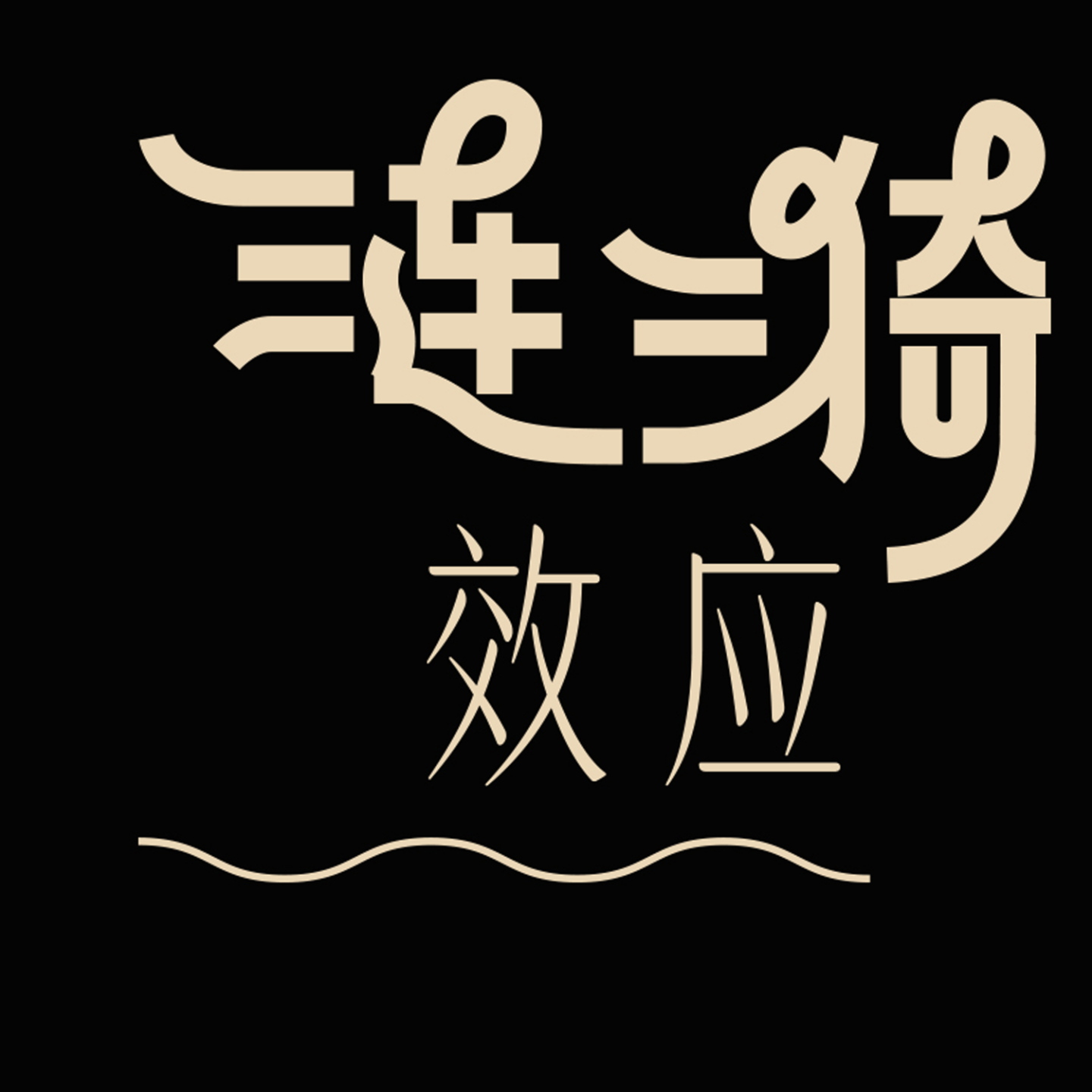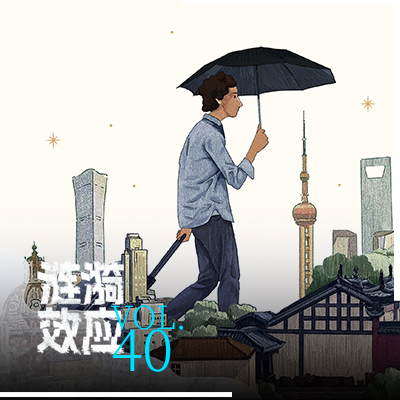
Deep Dive
Why did Alessandro Ceschi choose the title 'I Dreamed in Chinese' for his book?
Alessandro Ceschi chose the title 'I Dreamed in Chinese' because his six-year experience in China felt like a dream—unpredictable, illogical, and filled with surreal encounters. The title reflects the fantastical nature of his journey, where he constantly switched roles and identities, making his experiences feel like a series of dreamlike events.
What does Alessandro Ceschi find special about the Chinese language?
For Alessandro Ceschi, the special aspect of the Chinese language is not the language itself but the connections he built through it. These connections gave him a sense of belonging and made Chinese a significant part of his life, especially during his formative years in China. He uses Chinese for daily communication, writing, and creating meaningful memories.
How does He Yujia describe her 'Sichuanese personality'?
He Yujia describes her 'Sichuanese personality' as a relaxed, lazy, and food-oriented aspect of herself. She often hears Sichuanese in her mind when reading, especially in scenes depicting leisure or relaxation. This reflects her deep connection to the Sichuanese dialect, which she associates with a laid-back lifestyle.
What does Alessandro Ceschi mean by 'staying well' in a place?
For Alessandro Ceschi, 'staying well' in a place means fully immersing oneself in the local environment, whether through curiosity, openness, or active participation. He believes that one's attitude—whether resistant or embracing—shapes their experience and connection to the place.
How does He Yujia define her 'nearby' in Chengdu?
He Yujia defines her 'nearby' in Chengdu as her public life and the community she has built over the years. This includes her social circle, shared interests, and even her birdwatching hobby, which allows her to reconnect with the city in new ways. Her 'nearby' provides her with a sense of belonging and stability.
What does Alessandro Ceschi mean by 'staying fluid' in life?
For Alessandro Ceschi, 'staying fluid' means embracing change and uncertainty, allowing life to unfold without rigid plans. He believes that by remaining open to new experiences and not being tied to a single identity or place, one can find freedom and a sense of belonging in the flow of life.
How does He Yujia approach listening in conversations?
He Yujia approaches listening by consciously suppressing her urge to speak immediately and waiting a few seconds before responding. This allows her to fully absorb what the other person is saying and respond more thoughtfully, fostering more meaningful and effective communication.
- 亚历在南京青奥会感受到世界多元文化融合
- 08年北京奥运会志愿者经历,世界在他眼前扑来
- 十年后对世界连接的理解变化
Shownotes Transcript
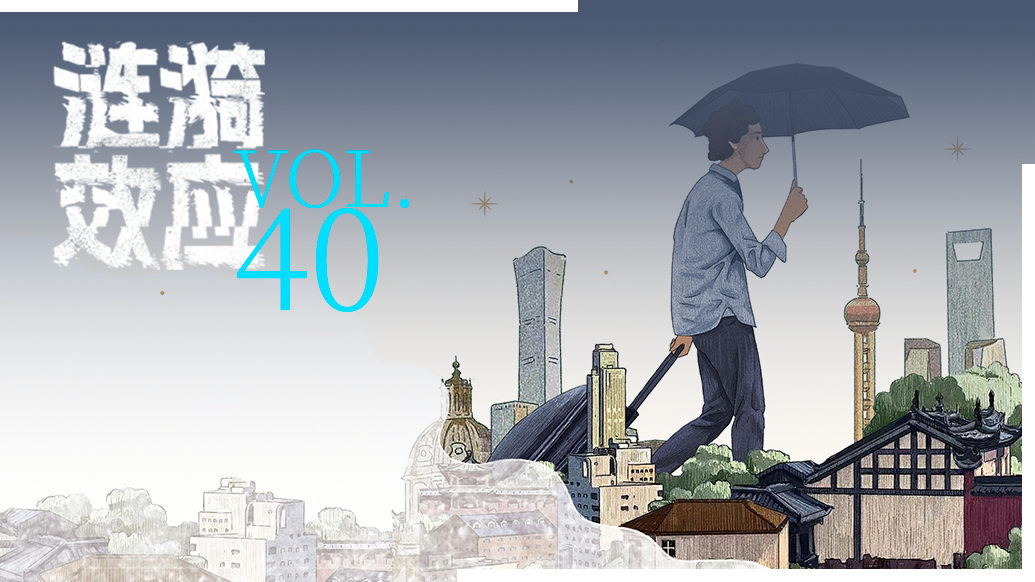 十年前,意大利小伙亚历被派到南京报道第二届青奥会,他在奥运村散步,跟志愿者闲聊,那时的他有这样一种感觉:全世界的人都在以不同的方式寻找幸福。大家可以互相理解,分享经验,彼此成长。在这里,他看到了一个渴望和世界连接的社会,也看到了所有人会走到一起的未来。两年后,亚历再次来到中国留学,他学电影,当群演,拍广告,从零开始学习中文,并用中文记录自己在这片土地生活六年的经历。
十年前,意大利小伙亚历被派到南京报道第二届青奥会,他在奥运村散步,跟志愿者闲聊,那时的他有这样一种感觉:全世界的人都在以不同的方式寻找幸福。大家可以互相理解,分享经验,彼此成长。在这里,他看到了一个渴望和世界连接的社会,也看到了所有人会走到一起的未来。两年后,亚历再次来到中国留学,他学电影,当群演,拍广告,从零开始学习中文,并用中文记录自己在这片土地生活六年的经历。
而今,他的第一本用中文写作的图书《我用中文做了场梦》出版了。我们可以在这本书里看到,亚历眼中过去六年的中国,我相信,这也是我们共同的六年记忆。
本期我们邀请了亚历以及亚历的朋友、我们都非常喜欢的译者何雨珈,一起聊聊他们的生活哲学、他们对世界的理解以及他们保持流动的方式。
本期参与
I嘉宾I
亚历(Alessandro Ceschi),游牧写作者,从零开始学中文,新作《我用中文做了场梦》。
何雨珈,自由译者,撰稿人。代表译作《君幸食》《鱼翅与花椒》等。
I主播I文案I制作I
吴筱慧,澎湃新闻镜相栏目编辑,《涟漪效应》主播
I本期剪辑I
吴争
收听指南
7:20 第一次看到世界是什么样的感觉?
11:42 2008年奥运会:世界在向你迎面扑来
17:15 描绘心中世界的样子
22:18 个性的世界永远是好的
24:10 这本书为什么叫《我用中文做了场梦》?
28:01 亚历:中文的特别之处是我通过这门语言创造的连接
32:00 何雨珈:翻译《鱼翅与花椒》时,脑子里全都是四川话
36:50 在其他语言中找到在母语里不敢去说的事情
46:20 所有的语言都需要外来者对它进行活化
50:55 有时候把生活当作一场游戏也是一种放松
51:38 什么是在一个地方留着就好好留着?
57:54 归属感这件事没有人能说了算
1:05:48 每个东亚的孩子都会特别羡慕曾经 gap 过的人
1:17:45 最理想的状态是流动——有的选永远是好的
1:20:20 何雨珈:我建立的附近也是我努力吹出来的泡泡
1:27:40 亚历:继续流动,我就不会被困在任何一个环境中
1:40:20 分享消除隔阂,与人连接的方式
本期配乐
Earth, Wind & Fire - September
群星 - 北京欢迎你
福利时间
欢迎听众朋友们在本期评论区下方留言,一起聊聊你们“消除隔阂,与人连接”的方式,我们将选出三位听众,送出节目中提到的这本《我用中文做了场梦》,期待大家的参加。
